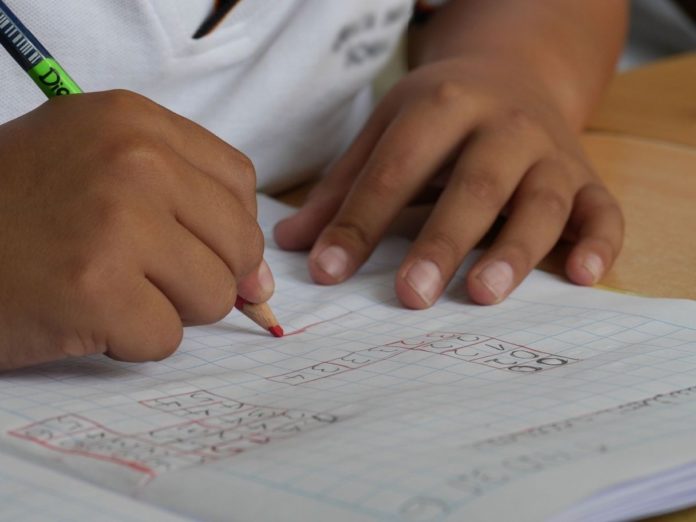Educators’ desires of students in bring down sets, which depend on their earlier academics record and firmly attached to the conviction that their conduct will be all the more difficult, could impart a harming ‘culture of reliance’ on instructors among these groups.
According to new UCL-led research, students classed as less capable are being frustrated by being gathered into capacity based sets.
Scientists utilized poll information produced from right around 600 maths and English instructors situated in 82 UK auxiliary schools, close by interviews with educators, to see how gathering understudies into sets affected the autonomy of lower accomplishing understudies.
They found that 70% of studied teachers modified their teaching methods to match students’ prior attainment. Students in lower sets typically faced a reduced curriculum based on more structural, repetitive tasks, and more one-to-one time with teachers. Teachers of these pupils were often reluctant to risk overstretching them by teaching overly complex content.
Lead author, Dr. Anna Mazenod (UCL Institute of Education), said: “Our findings suggest that secondary school students in the so-called bottom sets may be unintentionally encouraged to remain more dependent on their teachers in comparison with their peers in higher sets.
“Teachers tend to perceive bottom-set students as more ‘dependent learners’, and may not build in scope to allow for students to develop their independent learning skills. This can hinder students in making the most of learning opportunities in their ongoing education, as independence is a key component of successful learning.
“From a social justice perspective, our findings raise the concern that such approaches could impede an independent learner identity being a goal for all students.”
Teachers have to strike a careful balance between directing students in their learning and enabling students to become independent learners.
“We suggest that schools that adopt attainment grouping carefully consider whether equality of opportunity and high expectations are being adequately targeted at their lower set pupils and whether their grouping could be improved to better support attainment and engagement for all.”
The paper is published in the Cambridge Journal of Education.
